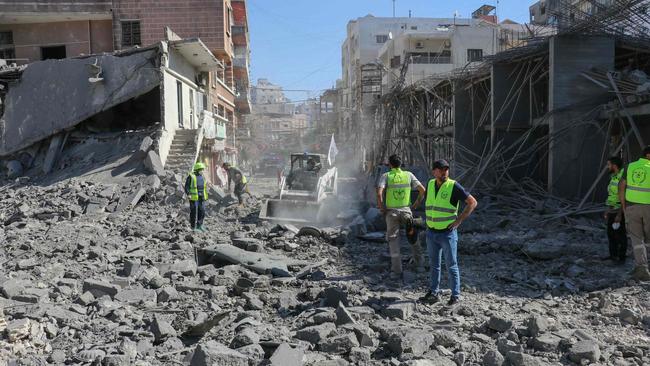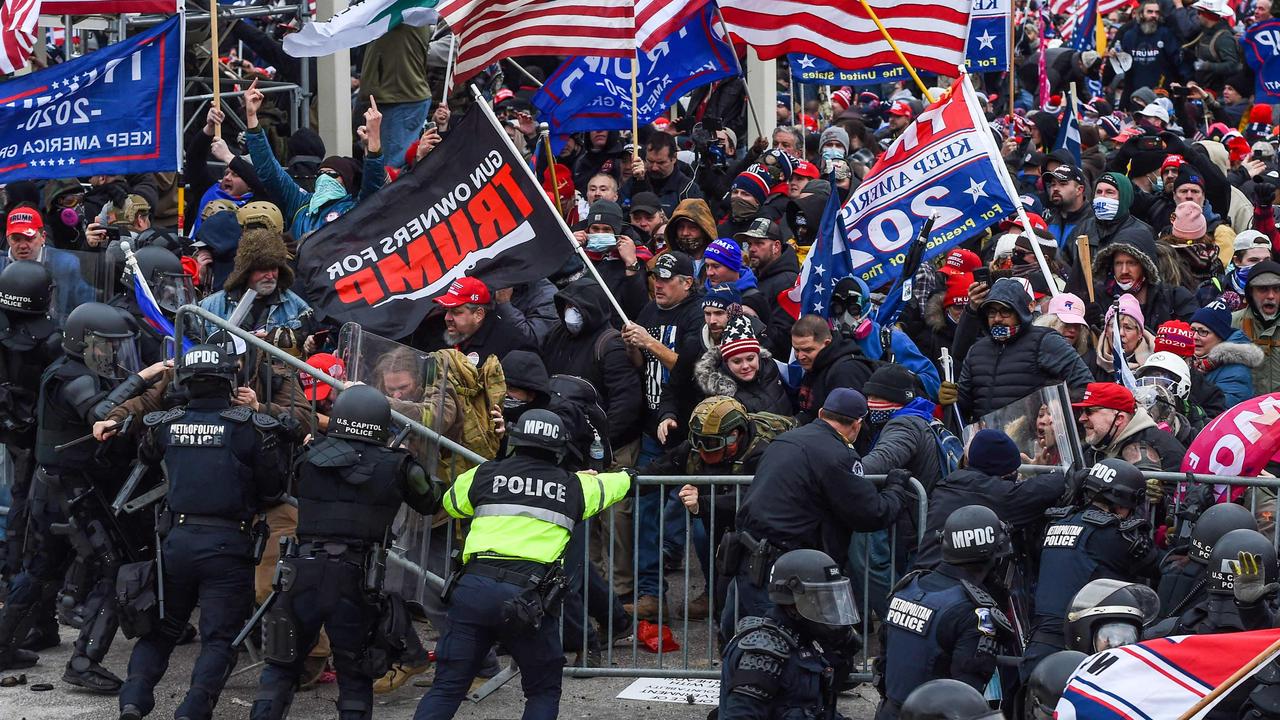Israel strikes Tyre in first attack on Lebanon’s UNESCO site
Ancient city boasts the remains of a second-century Roman hippodrome, a necropolis, a triumphal arch and an aqueduct.

Israel has bombed the ancient Lebanese city of Tyre, home to a UNESCO world heritage site, hours after telling residents to leave.
Before the war the Mediterranean port, 19km from the border with Israel, was home to 200,000 people. Only 14,500 remain in Tyre, which dates from the Phoenician period and is one of the oldest continuously inhabited cities in the world.
It boasts the remains of a second-century Roman hippodrome, a necropolis, a triumphal arch and an aqueduct, but the modern city has a predominantly Shia Muslim population and a Christian minority.
Online video showed plumes of black smoke rising into the sky and Lebanon’s National News Agency initially said an Israeli drone had been fired on a street. “Four strikes targeted the city of Tyre after the enemy threatened to bomb it,” a report said.
Lebanon’s health ministry said 16 people were wounded.
Mortada Mhanna, who heads Tyre’s disaster-management unit, said “the situation is very bad – we’re evacuating people” after receiving an Israeli evacuation warning just 500m from ancient ruins.
Bilal Kashmar, the unit’s media officer, said many were fleeing central areas and heading towards suburbs. “You could say that the entire city of Tyre is being evacuated,” he said.
Posts on social media suggested there had been several impacts in what appeared to be the first time Israel had struck the centre of the ancient city.
Israel claimed it struck Hezbollah command centres, publishing a graphic that suggested five targets had been hit and releasing video of the airstrikes.
Closer to the border, the Israel Defence Forces claimed its soldiers had discovered a cache of weapons hidden in a mosque in southern Lebanon that included grenade launchers, Kornet anti-tank missiles and rocket-propelled grenades.
Israel this week confirmed the death of Hashem Safieddine, the presumed successor to Hassan Nasrallah as leader of Hezbollah. Safieddine is believed to have been killed on October 3 in an airstrike on Beirut, a few days after the assassination of Nasrallah, his cousin. The IDF confirmed on Tuesday that Safieddine had died along with Ali Hussein Hazima, head of the Iran-backed militia’s intelligence branch.
Hezbollah has demonstrated it is still able to wage war against Israel despite the damage to its command structure. The group fired long-range rockets at Tel Aviv on Wednesday morning, the second time the city has been targeted in two days. The rockets, fired at the 8200 military intelligence unit of the IDF were intercepted. No injuries were reported.
Israel has wiped out practically the entire political and military leadership of Hezbollah, with the exception of Naim Qassem, the Shia group’s deputy secretary-general. Khalil Mohammad Amhaz, a commander in the militia’s aerial unit, was killed in Hermel, northeast of Lebanon, the IDF claimed.
This week, the militia fired volleys of rockets and drones at cities across northern Israel and inflicted casualties on invading troops in southern Lebanon. Iranian-sponsored militants in Iraq fired drones at Eilat, Israel’s southernmost city, early on Wednesday.
Both drones were shot down over the Red Sea.
Antony Blinken, the US Secretary of State, is concluding a visit to Israel in which he has pushed for a ceasefire deal in Gaza, saying it was time to “get the hostages home and bring the war to an end”.
Benjamin Netanyahu, the Israeli Prime Minister, told Mr Blinken a recent drone attack on his house in Caesarea, for which Hezbollah claimed responsibility, was “an issue of dramatic significance that cannot be ignored”.
In recent days Israel has begun striking Hezbollah’s banking infrastructure in Beirut in an attempt to cut off the group’s funding and reduce its hold over Lebanon’s Shia population.
A Lebanese minister said the country would need $US250m a month to cope with the displacement of 1.3 million people.
Nasser Yassin, responsible for organising the government’s response to the crisis, told Reuters present levels of aid covered only one-fifth of the displaced population’s needs.
THE TIMES


